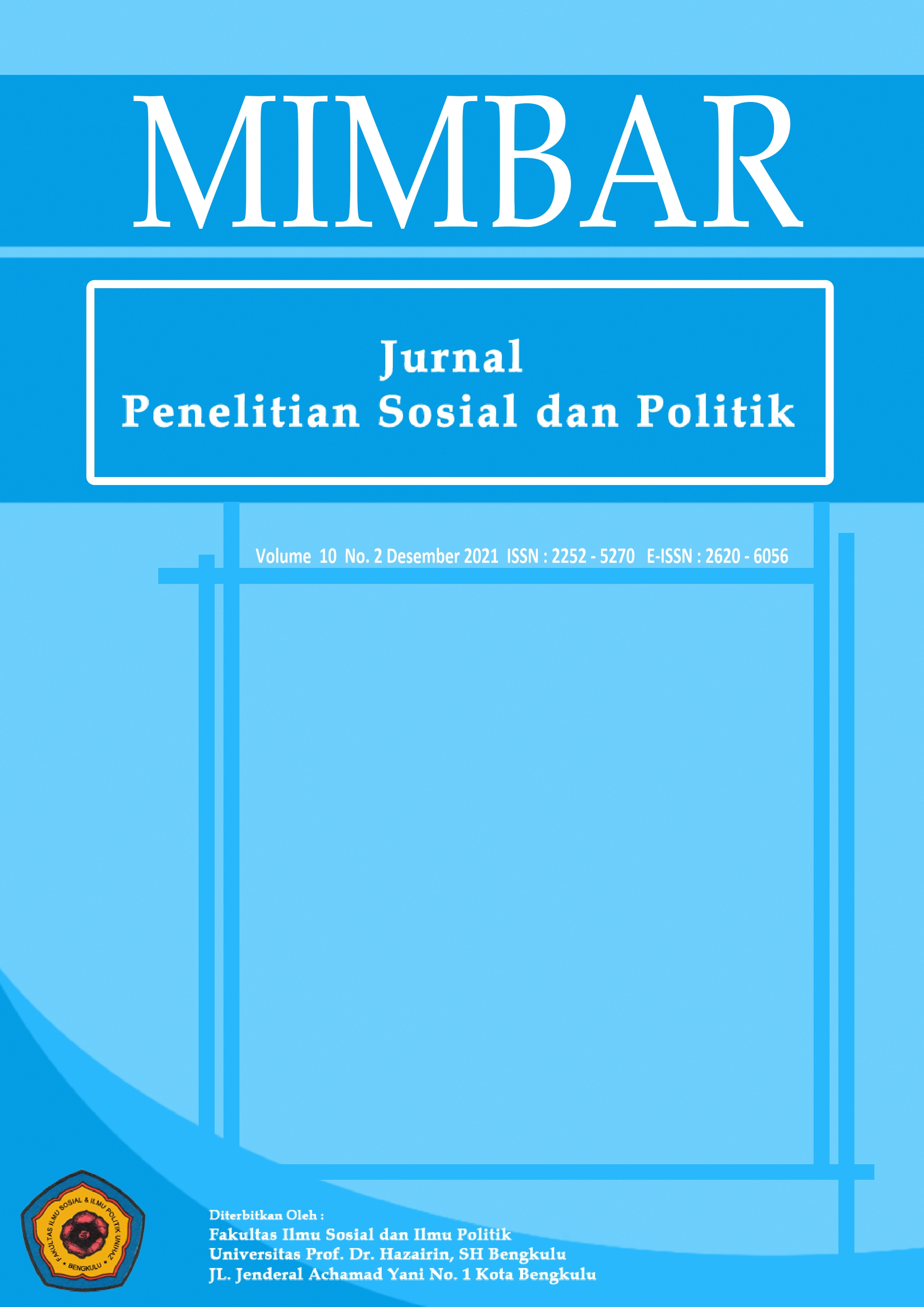PENERAPAN INOVASI PELAYANAN PUBLIK MELALUI PROGRAM SLAWE DI KOTA BENGKULU
DOI:
https://doi.org/10.32663/jpsp.v10i2.2190Keywords:
Keywords: Innovation, Public Service, Digital, e-government, Slawe.Abstract
This article aims to describe the implementation of public service innovations at the Bengkulu City Population and Civil Registry Office. The problem is focused on implementing public service innovations using the SLAWE program, and knowing the supporting factors and inhibiting factors for the SLAWE program at the Bengkulu City Population and Civil Registry Office. To approach this problem, theoretical references from the results of studies and research at the Harvard JFK School of Government are used, namely the three elements of success in applying the digitalist concept to the government sector. The data were collected through observation, interview and documentation techniques. Data analysis techniques used are data collection, data reduction, data presentation and drawing conclusions. This research uses descriptive qualitative method. This study concludes that the elements of successful e-government with indicators 1) support, 2) capacity, 3) value, have been carried out well and in accordance with existing regulations. Both are seen from the dissemination of information to the public, human resources according to the field and the benefits of the program. So for inhibiting factors only encountered such as network disturbances and blackouts.
Downloads
References



